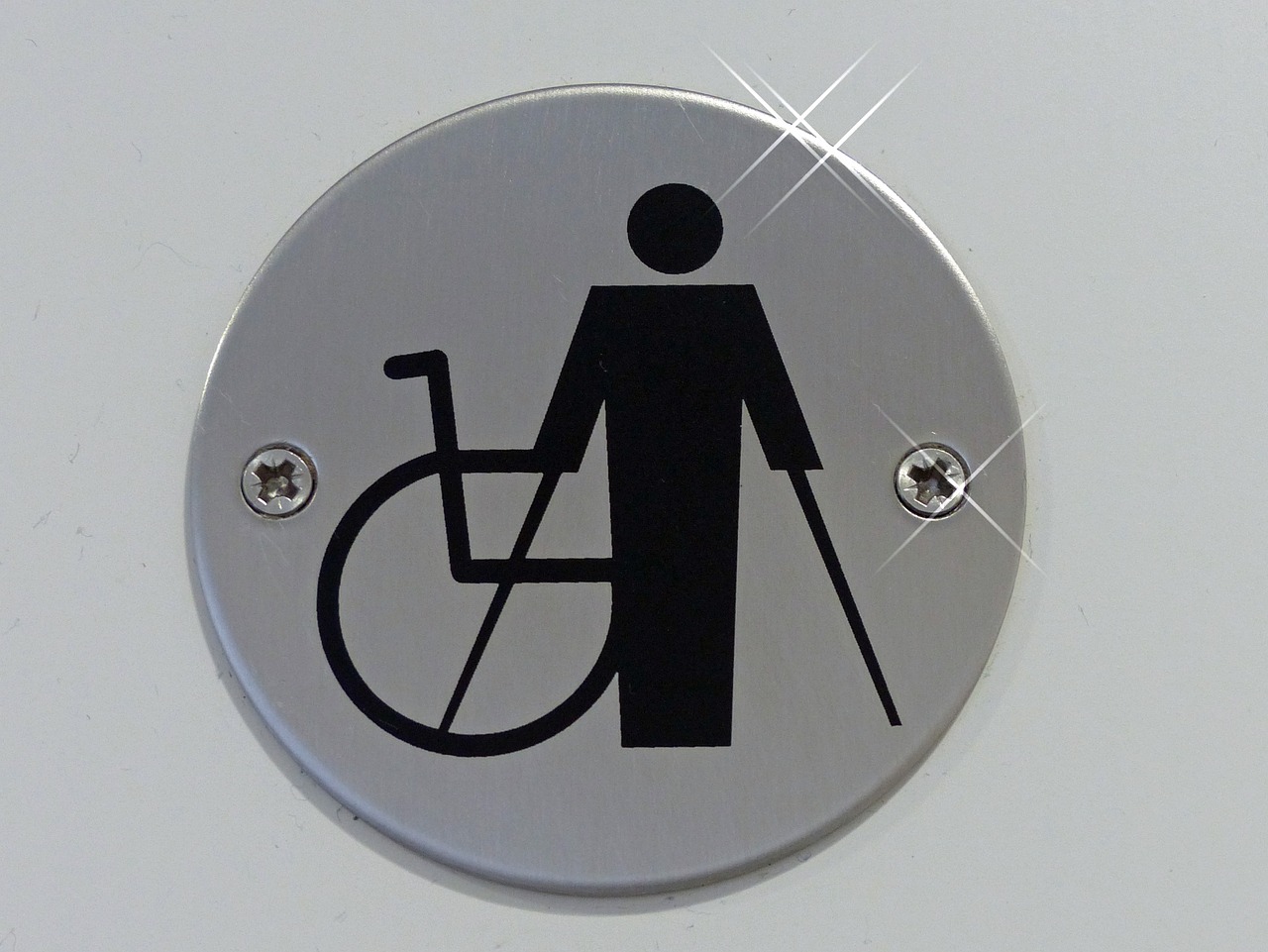Have you ever had a friend, a spouse or even a doctor tell you that you’re imagining your MS pain, your fatigue or even your sexual problems? “You’re not trying,” they might say. Or, “You just need to exercise.” It happens all the time for many of us, and it’s not unique to people with MS.
There’s a doctor in Boston who understands and who, literally, has felt your pain. Dr. Alice Flaherty is a neurologist at Massachusetts General Hospital, and as a recent profile in the STAT e-letter puts it, “She likes seeing patients other doctors have given up on.”
“These poor patients are typically seen as just not wanting to get better,” Flaherty told STAT’s Eric Boodman. “What was it about us — the caregivers, family members, and doctors — what was it that made us attribute willfulness to people who were obviously miserable?”
Miserable MS patients are all over social media
I saw an example of a miserable patient on an MS-related Facebook page just a few hours after I read the STAT article. She wrote:
“Do you know what I hate? When I’m having symptoms happening that I can’t control and my husband gets mad at me. Like I’m doing it on purpose. I got dizzy when I got up out of bed and when I turned to get back in bed I fell to the ground and I had some spasms. My whole body started convulsing. And he had to help me get back in bed. Now he is all mad at me. Like I’m doing this on purpose. Saying I need to rest.”
There are similar examples of this problem posted on social media every day.
It’s NOT all in your head
Dr. Flaherty treats, and consults about, patients who have been told by other doctors “Oh, it’s all in your head.” She’s been told that herself as a patient. Dr. Flaherty is bipolar. She told The New York Times back in 2009, “The psychiatrists said, ‘You should get used to this as your new normal,’ but I never did. It was always alienating when people said, ‘Oh, that’s just bipolar illness talking.’ No, hello — that’s me.”
The key, according to Dr. Flaherty, is for doctors and caregivers — anyone who deals with people who have an illness, really — is to have “empathy.” Merriam-Webster defines “empathy” this way:
“[T]he action of understanding, being aware of, being sensitive to, and vicariously experiencing the feelings, thoughts, and experience of another of either the past or present without having the feelings, thoughts, and experience fully communicated in an objectively explicit manner. …”
For people who care for patients, I define empathy as the ability to listen to what we, as patients, have to say, watch how we’re forced to live our lives, and then try to walk in our shoes to understand how we feel. Empathy is what the husband of the MS patient who vented on Facebook needs to learn. That really shouldn’t be that hard to do.
(This post is an edited version of one of my columns on Multiple Sclerosis News Today).




I thought both films were good for their intended purposes. I thought the 10 minute one was very good at illustrating what it’s like to go through a day with Ms. I actually teared up watching it. But I am not too sure how non ms viewers will respond. I am going to show my husband tonight and see what he thinks.
Beth C
Hi Beth,
If you showed your husband the MS film, what did he think?
Ed
With MS I am caught between invisible suffering and keeping my mouth shut or sharing with my husband or another person how I am feeling/doing only to get tired of hearing myself talk about my MS. Sure wish I could find a happy, normal, uplifting medium place to be.
Hi Pamela,
You’re not alone. A lot of people with MS have the same problem and some spouses are more receptive to hearing about our problems than others. There are several good MS patient groups on Facebook and they can be particularly good places to share and vent with people who really understand. I particularly like the We’re Not Drunk, We Have MS group. https://www.facebook.com/groups/werenotdrunkwehavems/ Of course, you can always share on this blog, too.
Ed
It’s very true and I find it really is the lack of understanding. Especially the invisible line pain or even dizzy feelings. It isn’t seen, it’s felt and it’s a lack of empathy and understanding.